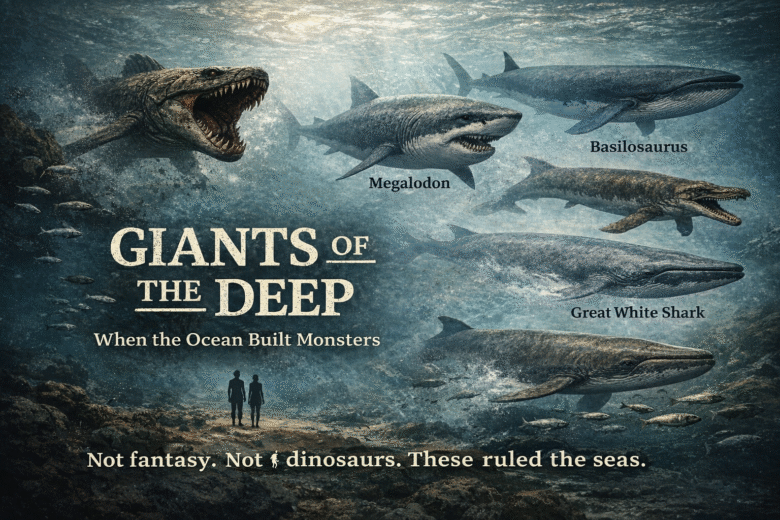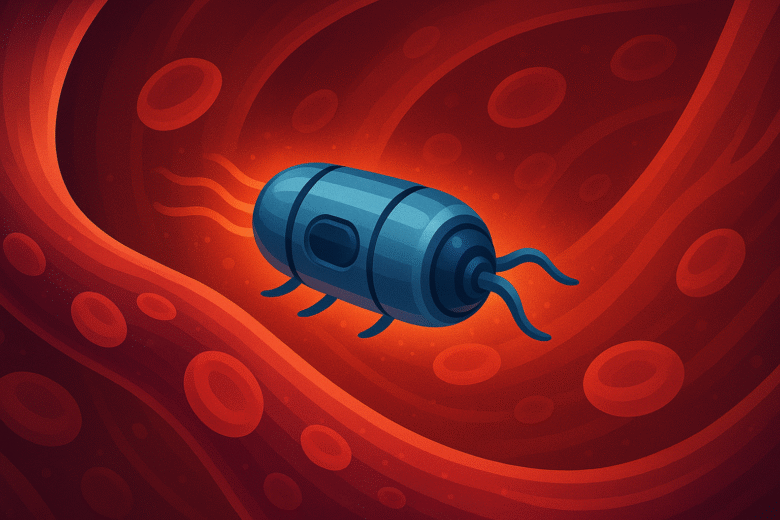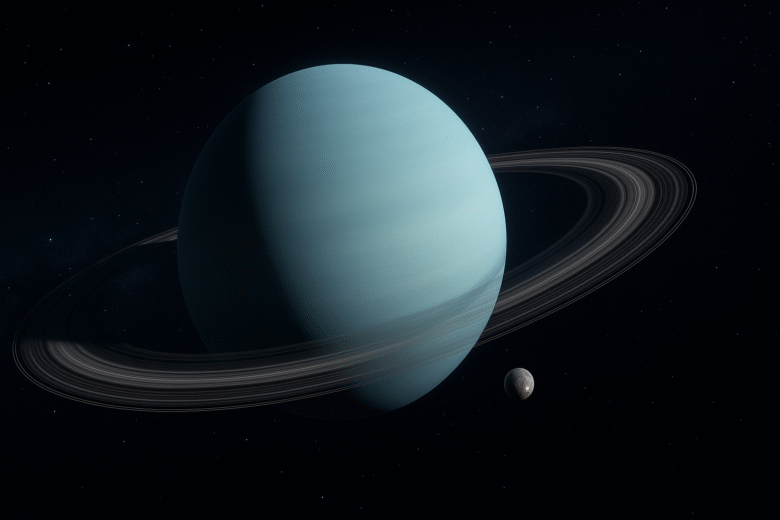Fun fact: The largest predators that ever lived on Earth were not dinosaurs on land—but monsters that ruled ancient oceans long before humans existed. When we imagine Earth’s past, our minds usually jump to roaring dinosaurs and fern-covered landscapes. But the real theatre of evolutionary excess was underwater. The oceans of deep time were not …
Fun fact: There are magnetic materials on Earth where tiny defects behave as if single magnetic poles—something physics textbooks say should not exist—are freely roaming inside a solid. That strange idea lies at the heart of “Spin Ice: When Magnets Refuse to Behave.” It sounds like a contradiction, almost a prank played by nature. Magnets, …
Fun fact: Every single day, Earth quietly produces bursts of gamma radiation powerful enough to rival events we usually associate with exploding stars—yet most of us will live our entire lives never knowing they exist. That hidden drama is the heart of “When Lightning Turns Radioactive: Earth’s Gamma Secret.” The idea sounds like science fiction, …
Fun fact: some of the largest structures ever seen in the universe are completely invisible to human eyes—and we only notice them because space “whispers” in radio waves. Astronomers have now detected the most powerful and most distant “odd radio circle” ever observed, and the discovery feels less like ticking off another cosmic object and …
Fun fact: Europa, one of Jupiter’s moons, reflects so much sunlight that it would shine brighter than Earth’s Moon if it orbited our planet. Every few years, space throws us an image that looks like it belongs in a horror film rather than a science journal. This time, it was a strange, branching shape on …
Fun fact: The Bermuda Triangle is not just a patch of mysterious sea—it sits above rock layers so strange that even Earth scientists are rethinking how islands stay afloat. For decades, the Bermuda Triangle has lived in popular imagination as a place where ships vanish, compasses misbehave, and logic seems to sink. But now, science …
Here’s a fun fact: a robot smaller than a grain of sand may soon swim through your blood — and deliver medicine directly to the right part of you. This is the story behind Tiny Robots in Blood: What Science Is Doing to Heal Us — a future that seems pulled from science fiction, but …
Fun fact: Uranus is so tilted that it practically rolls around the Sun on its side—and now, thanks to modern space science, it has one more moon rolling with it. Every once in a while, space throws us a surprise that feels almost personal—like a reminder that even in a predictable universe, something unexpected is …
Fun fact: Scientists have now confirmed that an asteroid floating millions of kilometres away contains all five nucleobases—the same chemical letters that spell out life on Earth. There are moments in science when the universe seems to quietly tap us on the shoulder and whisper, You’re not as special as you think. The recent discovery …
Fun fact: It doesn’t take a mountain to make you fall. Sometimes, all it takes is a single rebellious stair—barely a centimetre off. We’ve all been there. You’re walking up a staircase you’ve climbed a hundred times, half-awake, coffee in hand. Then—bam!—your toe snags the edge, your heart lurches, and your dignity tumbles down three …










